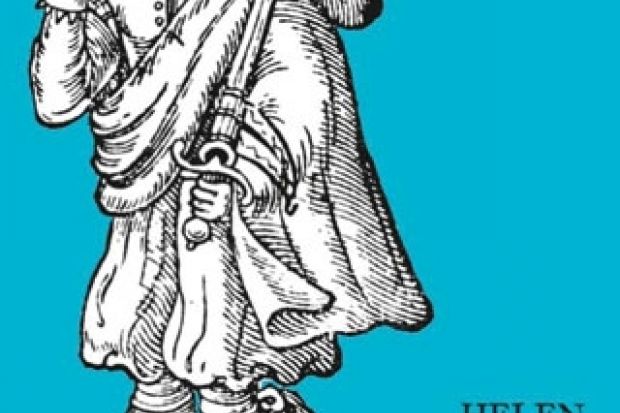A flurry of events and publications in 2011 celebrated the 400th anniversary of the King James Bible, perhaps the most influential document ever produced by a committee. Helen Wilcox’s 1611 investigates not the single, great achievement of the Authorized Version, but the diverse textual culture of the entire year, held up as an example in miniature of the central concerns of the Jacobean era. She offers an engaging account of texts as diverse as Lancelot Andrewes’ popular sermons and Thomas Middleton and Thomas Dekker’s cross-dressing drama, The Roaring Girl; Aemilia Lanyer’s long devotional poem, Salve Deus Rex Judaeorum and Anthony Munday’s solemn civic pageant, Cruso-Thriambos; Shakespeare’s The Winter’s Tale and Thomas Coryate’s self-satirising European travelogue, Coryats Crudities. The book has a lightly worn chronological frame, beginning with the new year’s festivities of Ben Jonson’s masque, Oberon, The Faery Prince, and ending with The Tempest, performed on 1 November 1611 “before the kings Majestie” at Whitehall.
In pursuing her key themes of authority, gender and the word, Wilcox is alert to the presence of women, from Lanyer, whose important poem seems to have done little to gain her the literary or social status she hoped to achieve, to the real-life “roaring girl” Moll Frith, a cross-dressing, pipe-smoking criminal. Wilcox explores women’s authority, as well as the constraints they faced in an undeniably patriarchal society. Stereotypes of good and bad wives and sexually voracious widows are the focus of much of one chapter; in another, her elegant account of John Donne’s An Anatomy of the World leads into a thoughtful exploration of how women’s lives were commemorated as compelling examples of godly living. She is nicely attentive to music, too, from the soundscapes of masques and plays to the elegant compositions of William Byrd and his contemporaries.
This is not the first attempt to explore the conceit of writing about a single year; in particular, James Shapiro’s 1599 offered readers A Year in the Life of William Shakespeare. But 1611 arguably achieves a richer sense of the variety of writing that emerged in a 12-month span. However, Wilcox is less successful than Shapiro in giving her reader a detailed sense of national and international events, meaning that the “textual culture” she explores remains remote from a sense of the lives of the men and women who commissioned, collaborated on and consumed these texts. The book is centrally concerned with London and with print, glancing only occasionally towards provincial life and neglecting entirely the rich culture of manuscript publication that recent scholarship has done much to recover.
In her determination to establish 1611 as particularly significant, Wilcox often overstates her case. She argues, for example, that it is “no coincidence” that the King James Bible was published in the same year as Chapman’s Iliad, another of the major translations of this period. Given that the translating committee took seven years to complete the King James Bible, and Chapman had been publishing his Iliad in instalments since 1598, their convergence on the bookstalls was a coincidence, albeit a fortunate one. Wilcox offers a taste of literary and religious culture in the Jacobean age, but leaves the reader hungry for a richer sense of its contexts, the nitty-gritty of publishing and circulation, and the peculiar and alchemical interactions of these texts in the hands of authors and readers.
1611: Authority, Gender and the Word in Early Modern England
By Helen Wilcox
Wiley-Blackwell, 0pp, £50.00 and £40.99
ISBN 9781405193917 and 97811183494 (e-book)
Published 31 January 2014
Register to continue
Why register?
- Registration is free and only takes a moment
- Once registered, you can read 3 articles a month
- Sign up for our newsletter
Subscribe
Or subscribe for unlimited access to:
- Unlimited access to news, views, insights & reviews
- Digital editions
- Digital access to THE’s university and college rankings analysis
Already registered or a current subscriber? Login





